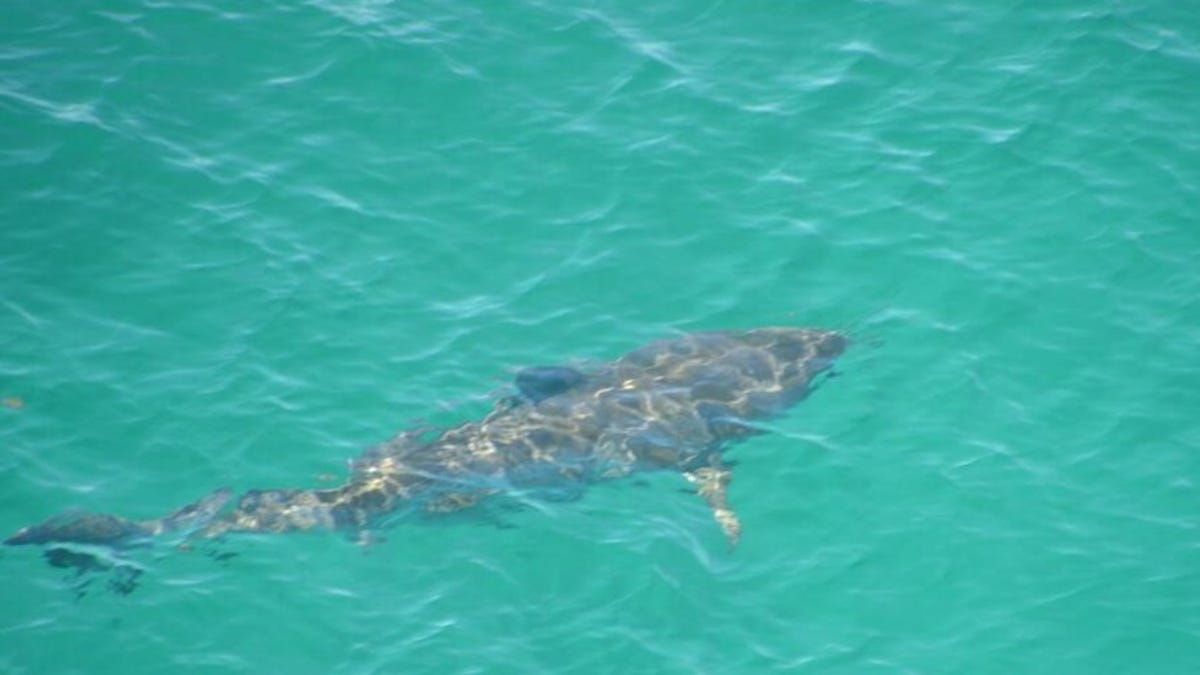Shark bites mysteriously plunged in 2018
A researcher calls the dive in shark attacks "an anomaly."

Despite the Jaws-fueled fear of sharks in popular culture, bites from the marine predators are a rare occurrence. They got even more rare in 2018 and scientists are puzzling over the cause of the decline.
The University of Florida's International Shark Attack File has been tracking bites and fatalities since 1958. The database logged 66 unprovoked shark bites in 2018, a sharp decline from 88 in 2017.
The Florida Museum of Natural History says this is "26 percent lower than the most recent five-year average of 84 incidents annually." Four of the attacks were fatal.
"Statistically, this is an anomaly," says biologist Gavin Naylor, director of the museum's shark research program. He questions whether the drop is due to a decrease in sharks, or whether ocean visitors are following beach-safety advice more closely.
"My hope is that the lower numbers are a consequence of people becoming more aware and accepting of the fact that they're sharing the ocean with these animals," Naylor says.
The US logged the most shark attacks with 32 bites, down from 53 in 2017. Florida's 16 unprovoked bites marked a steep fall from 31 in 2017. Naylor cites the decline of blacktip shark populations in Florida waters as a possible reason for the decrease.
The shark attack database also collected information on 34 provoked attacks, which involved humans initiating interaction with sharks through trying to feed them, touch them or untangle them from nets.
Researchers will be monitoring 2019 bite statistics to see if 2018 stands as an anomaly, or if the drop in shark attacks turns into a trend.

